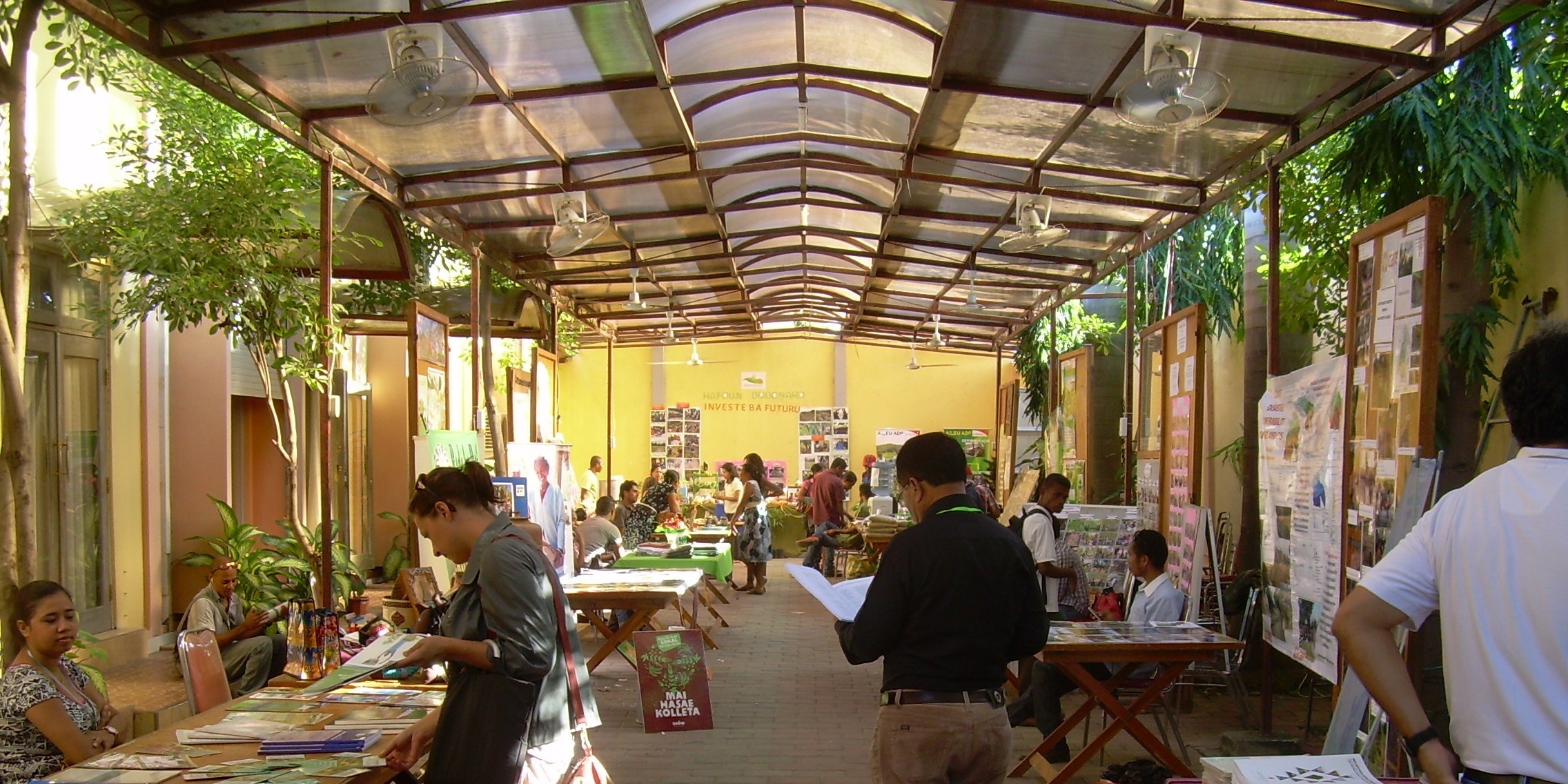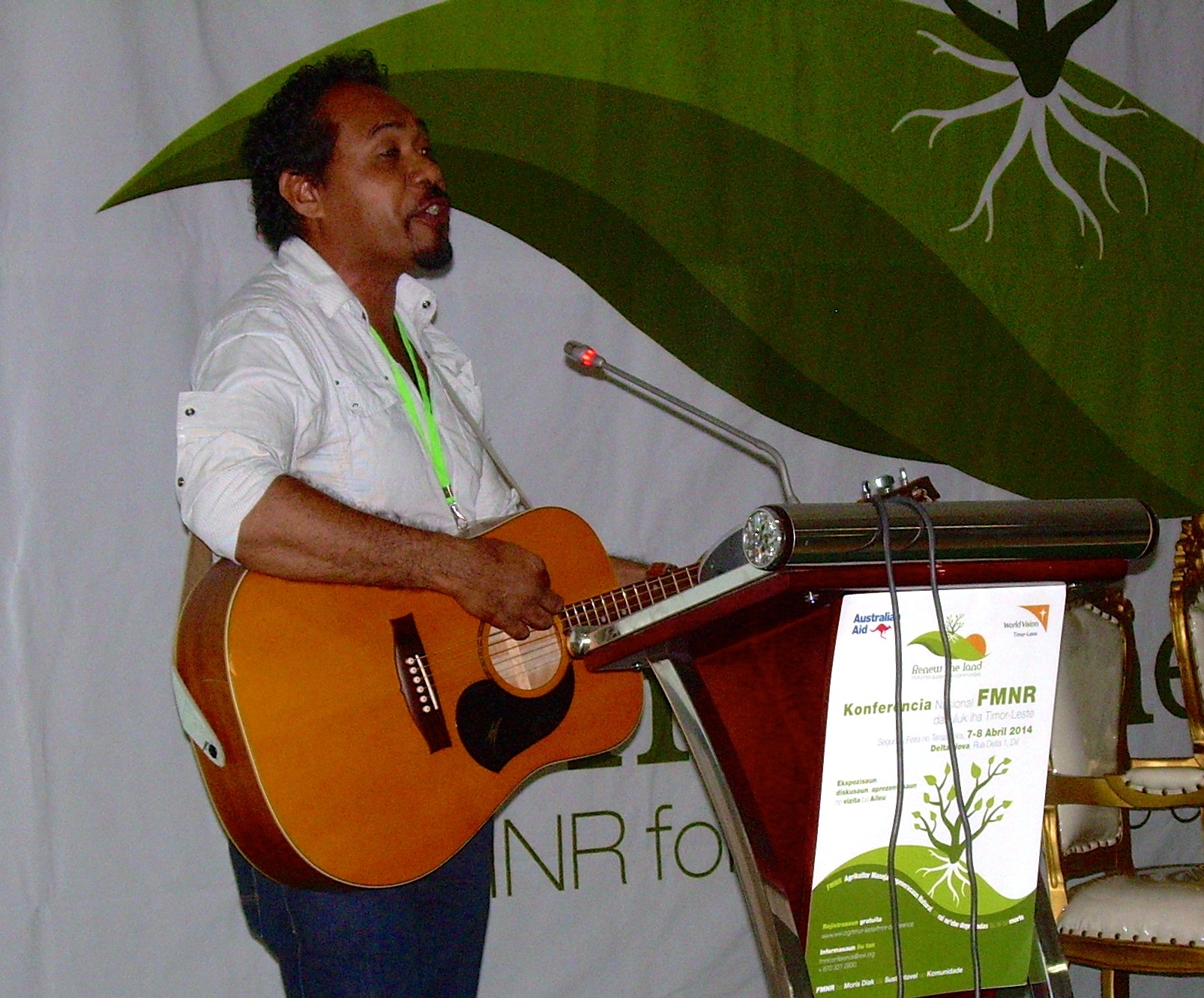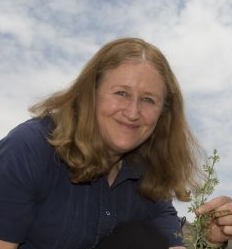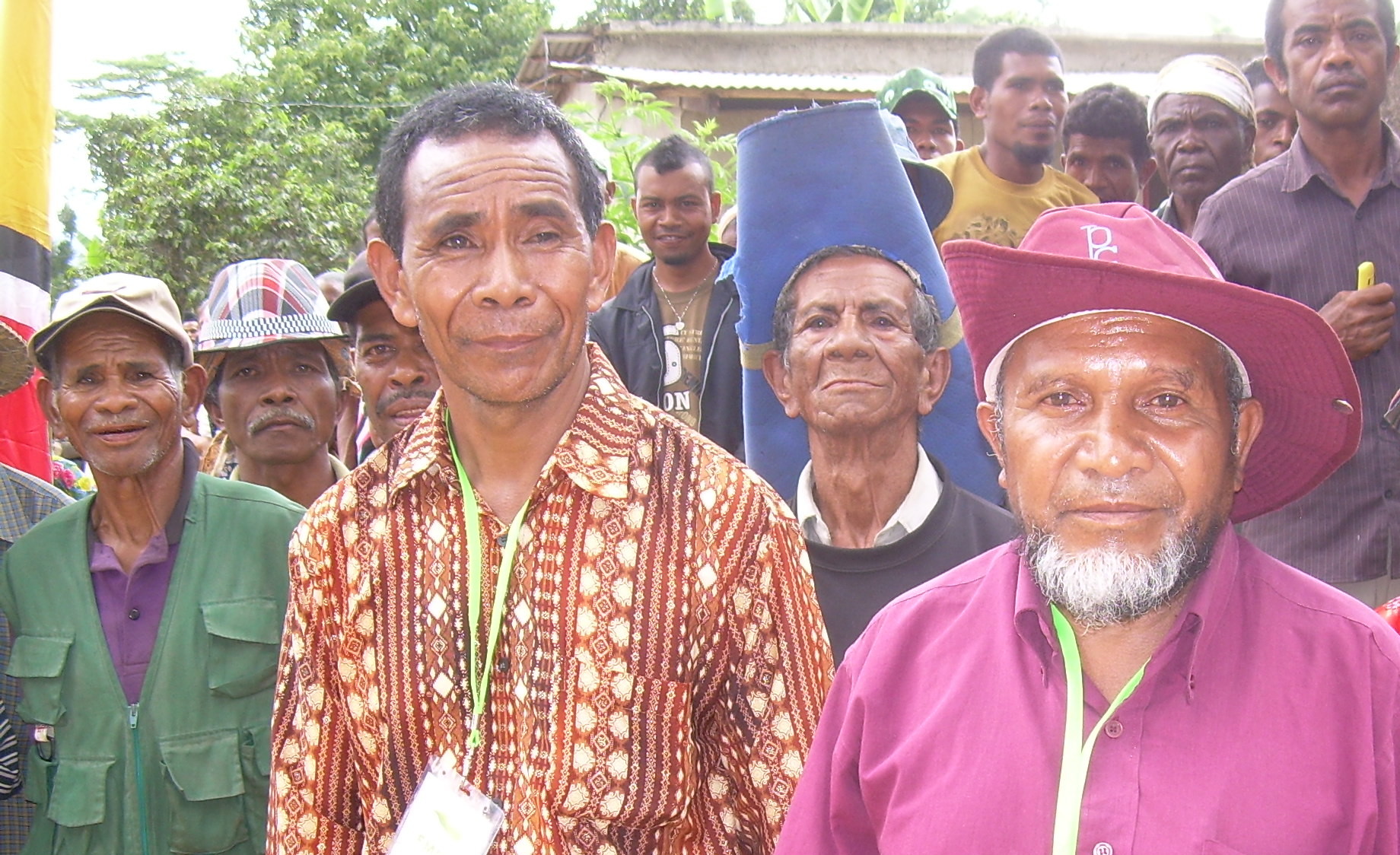
‘Renew the Land’ Conference – Bringing all stakeholders together
April 11, 2014
On Monday 7th April, over 200 participants from the government of East Timor, government of Australia, local and international non-government organisations, farmers’ groups and others, came together to discuss the way forward for environmental restoration in East Timor.
Diverse groups brought their experience and wisdom to the conference and worked together to plan action to tackle land degradation and productivity in East Timor.
Together, we looked at the current situation in East Timor – the government’s policies and challenges, past success using Farmer Managed Natural Regeneration (FMNR) in East and West Africa and the benefits experienced by East Timorese farmers. A decision was made to establish a working group to scale up FMNR in East Timor.
After a welcome by World Vision Country Director, Samaresh Nayak, Myles Harrison, Director for World Vision Pacific Timor-Leste shared his experience with FMNR in East Africa. Harrison said: “FMNR is the most efficient and effective process for restoring the land to a place where it is part of the solution not the problem. It is now a significant part of the World Vision East Africa program and East African governments are moving to massively scale up and replicate FMNR across wide areas.”
Sr Manuel Mendes, East Timor’s Director of Forestry outlined the extent of forest degradation. Currently, East Timor has 59% forest cover but every year, 1.7% of forests are lost and if nothing changes, there will be no forest left in 60 years. The government recognizes the key role that forests can play in providing income (both to smallholder farmers and larger commercial enterprises) and ecosystem services (erosion control, protection of watersheds, increasing water infiltration to the water table, maintaining biodiversity etc). Currently the forests are threatened by illegal logging, incidental destruction due to such projects as the electrification of East Timor, burning and encroachment into the forest by the increasing population.
Sr Nominando Soares Martins, the Secretary of State for the Environment, explained the government policies to multiply seedlings in community greenhouses, use ‘Tara Bandu’ (traditional community laws) to protect the environment and minimise the cutting of trees for firewood.
Ego Lemos, Timor’s foremost singer/songwriter and father of the Timor Permaculture movement united us as we joined in the rousing strains of “To’os Nain”.

Key ideas which emerged from the later speakers were that FMNR has transformed landscapes around the world, both in arid and humid tropical environments. FMNR has many economic, social and environmental benefits and that there are both challenges and opportunities for implementation of FMNR in East Timor.
James Roshetko of the World Agroforestry Centre encouraged us all with the statistics on how productive smallholder agroforestry systems can be and how much they contribute to world production of tree products.
Charith Senenayke of Rainforest Rescue challenged us with the sobering thought that tropical forests, the major world carbon sinks, are the same forests that are currently being decimated at a high rate. He then described ways of strengthening smallholder production systems with trees to increase ecosystem resilience.
Manuel da Silva
Manuel da Silva (first from right in the above image) has converted his farm plot in Aileu to one that incorporates tree planting, regeneration of indigenous trees, a variety of crops such as sweet potato, bananas, avocados, guavas, cinnamon, coffee and cloves. He stressed that if you leave the soil naked, the rain takes the silt away, there is no groundwater recharge and you are left with the bones.
Until next time.
Liz Rinaudo

Liz Rinaudo attended the Renew The Land conference in Dili together with her husband Tony Rinaudo, FMNR pioneer and Natural Resources Advisor at World Vision Australia

